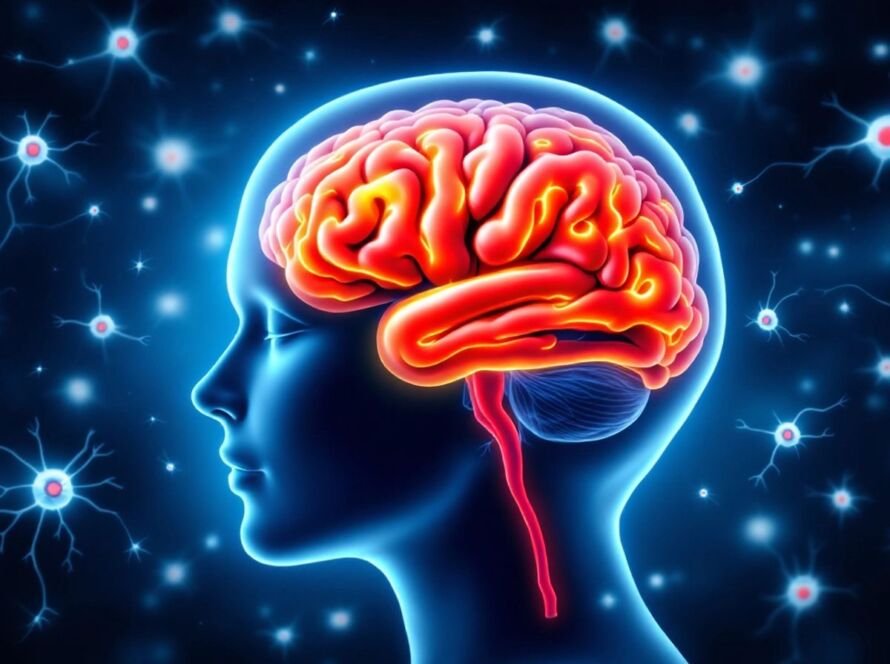Dogs Detect Human Stress Smell, Affecting Their Mood and Choices
Recent research reveals that dogs can detect human stress through smell, which significantly impacts their mood and decision-making. This discovery underscores the profound connection between human emotions and canine responses, with potential implications for dog training and welfare.
Key Takeaways
- Dogs exposed to human stress odors make more ‘pessimistic’ choices.
- Stress odors enhance dogs’ learning about food presence or absence.
- The findings highlight the impact of human emotions on canine wellbeing and training.
The Study
Researchers from the University of Bristol conducted a study to understand how human stress odors affect dogs’ learning and emotional state. They recruited 18 dog-owner pairs for a series of trials involving different human smells. Dogs were trained to associate specific bowl locations with treats or no treats. The speed at which dogs approached new, ambiguous bowl locations was measured to determine their emotional state.
Findings
The study found that dogs exposed to stress odors were slower to approach ambiguous bowl locations, indicating a ‘pessimistic’ response and a negative emotional state. This response suggests that the stress smell may have increased the dogs’ expectations of finding no food, similar to the nearby empty bowl location. Interestingly, dogs continued to improve their learning about the presence or absence of food, and they learned faster when exposed to stress odors.
Implications for Dog Welfare and Training
Dr. Nicola Rooney, Senior Lecturer in Wildlife and Conservation at Bristol Veterinary School, emphasized the importance of understanding how human stress affects dogs’ wellbeing. This knowledge is crucial for improving the welfare of dogs in kennels and enhancing the training of companion and working dogs. The study shows that even the odor of a stressed, unfamiliar human can affect a dog’s emotional state, perception of rewards, and ability to learn.
Dogs and PTSD Detection
In a related study, researchers found that dogs could be trained to detect stress-related volatile organic compounds (VOCs) in human breath, potentially identifying the onset of PTSD flashbacks. Two dogs were trained to distinguish between the breath of individuals recalling traumatic experiences and control samples, achieving over 70% accuracy. This ability could enable assistance dogs to provide earlier support for individuals experiencing PTSD flashbacks, enhancing the effectiveness of their assistance.
Future Research Directions
The findings from these studies open avenues for further research into the biochemical signals associated with stress and PTSD symptoms. Larger-scale studies are needed to validate these findings and explore the specific hormonal pathways dogs may be responding to in stressed breath samples. Understanding these mechanisms could lead to more effective training methods for service dogs, improving their ability to assist individuals with PTSD and other stress-related conditions.
Sources
- Dogs Detect Human Stress Smell, Affecting Their Mood and Choices – Neuroscience News, Neuroscience News.
- Dogs Sniffing Out PTSD – Neuroscience News, Neuroscience News.

